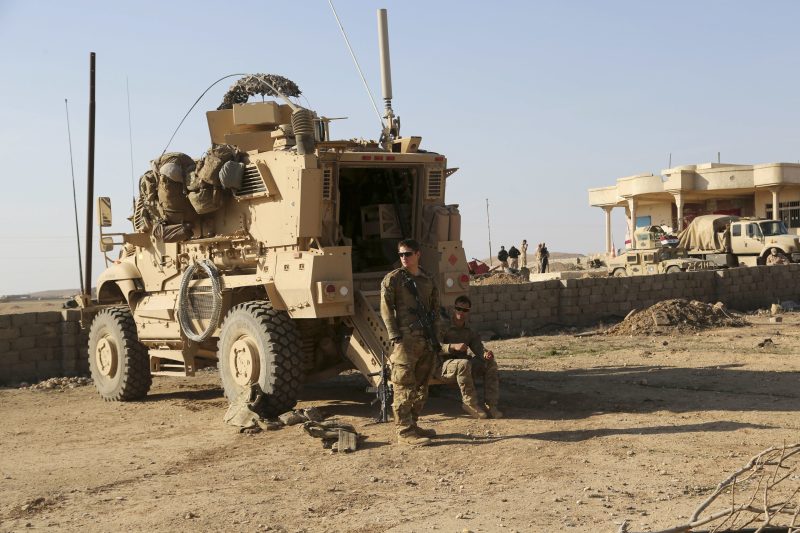The recent news surrounding the U.S. military presence in the Middle East has caused speculation and concern among various stakeholders. Despite the drawdown of troops in Iraq and Afghanistan, the U.S. government has downplayed talks of a complete withdrawal from the region, particularly in Syria. This decision to maintain a military presence in Syria indicates a strategic move to counter ongoing threats in the region.
One of the key reasons stated for the continued presence of U.S. troops in Syria is to prevent the resurgence of the Islamic State (ISIS) and other terrorist groups. The U.S. has played a significant role in the fight against ISIS, contributing to the defeat of the terrorist organization in various parts of Syria and Iraq. By maintaining a military presence, the U.S. aims to ensure that ISIS and other extremist groups do not regain a stronghold in the region, thereby safeguarding the stability and security of both the Middle East and the international community.
Furthermore, the U.S. military presence in Syria also serves as a deterrent against hostile actors, including the Syrian government and its allies, such as Russia and Iran. By maintaining a strategic presence, the U.S. sends a clear message that it will not tolerate any aggression or destabilizing actions that could threaten regional security. This positioning allows the U.S. to protect its interests and allies in the region while deterring potential adversaries from escalating conflicts that could have far-reaching consequences.
In addition to security concerns, the U.S. military presence in Syria also plays a crucial role in supporting local partners and ensuring the delivery of humanitarian aid to vulnerable populations. U.S. troops work closely with Syrian Democratic Forces (SDF) and other local allies to maintain stability, promote governance, and facilitate the distribution of essential assistance to communities affected by the ongoing conflict. This partnership not only enhances the effectiveness of counterterrorism efforts but also builds trust and cooperation with local populations, contributing to long-term peace and stability in the region.
Despite the challenges and complexities of the situation in Syria, the decision to maintain a military presence underscores the U.S. commitment to upholding security, promoting stability, and combating terrorism in the Middle East. As the U.S. continues to navigate evolving geopolitical dynamics and security threats, its strategic positioning in Syria reflects a careful balance between protecting vital interests, supporting local partners, and deterring adversaries. By staying actively engaged in the region, the U.S. aims to safeguard its national security and uphold its commitments to allies while contributing to a more secure and prosperous future for the Middle East.
